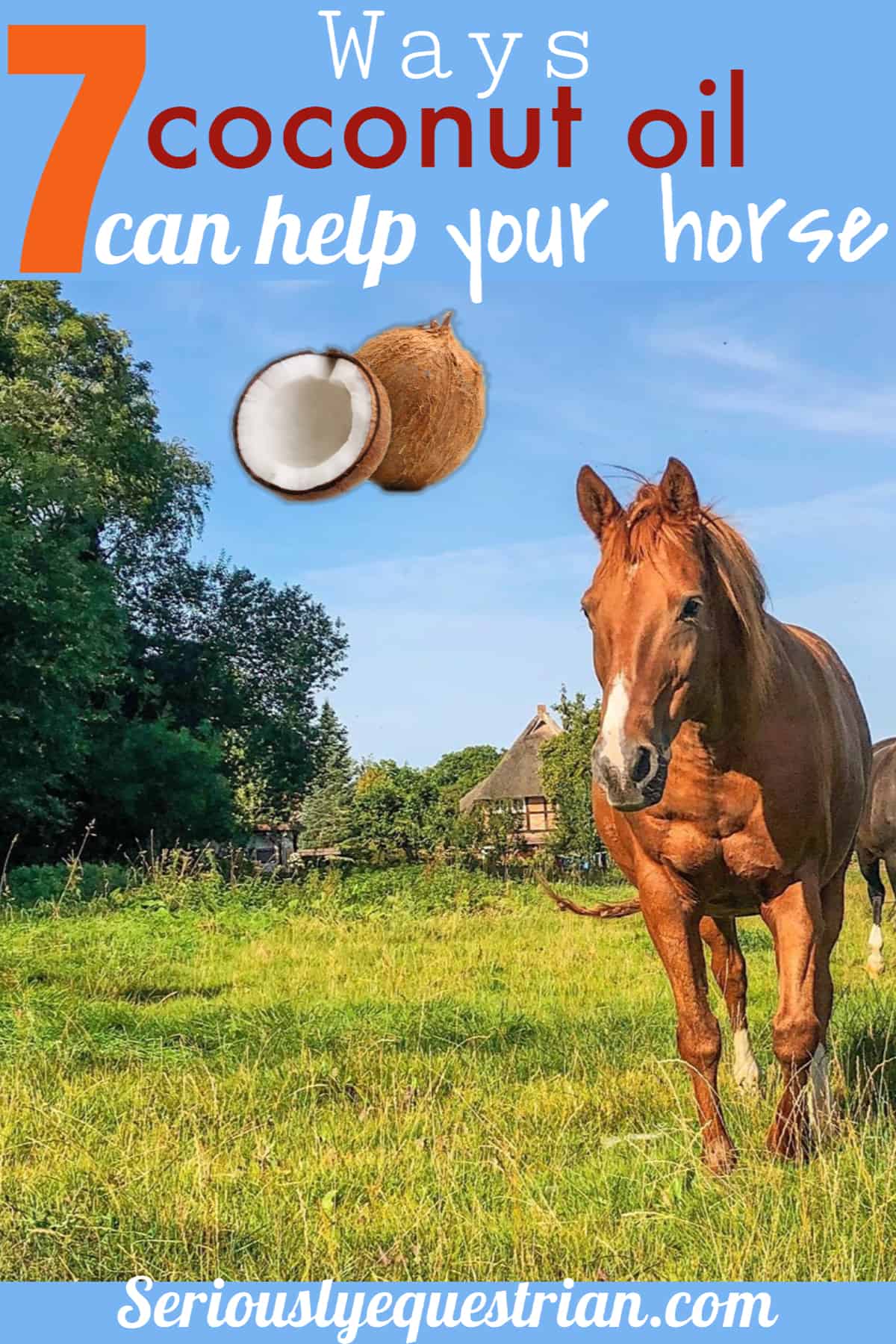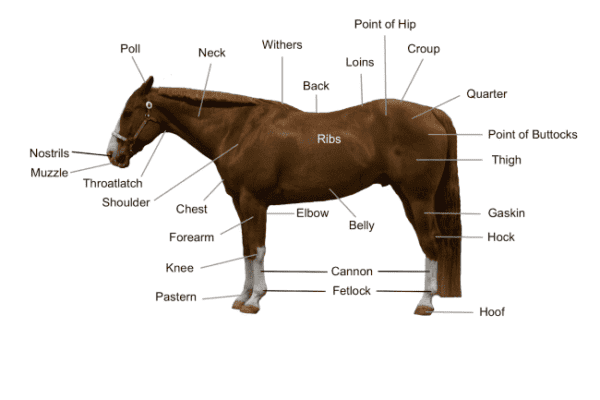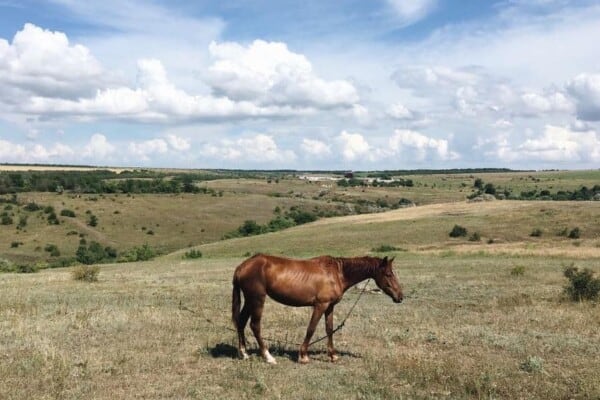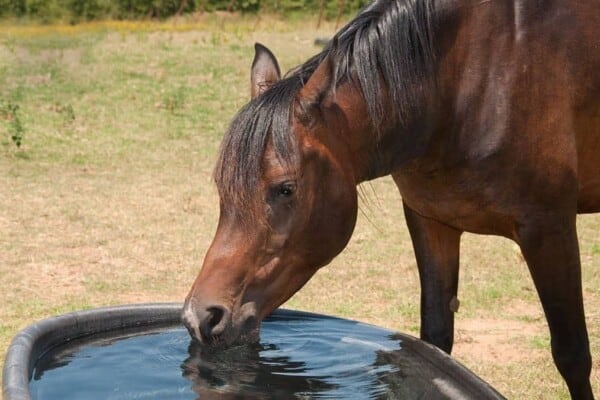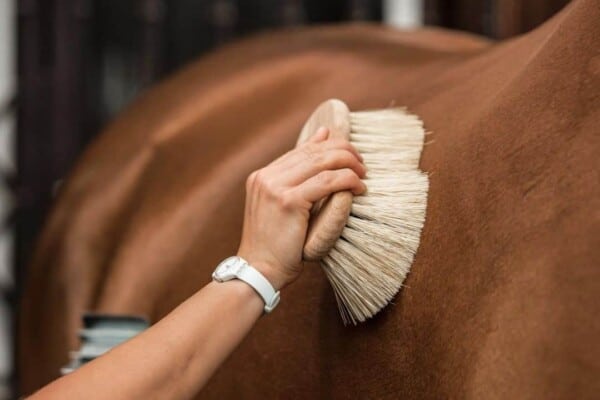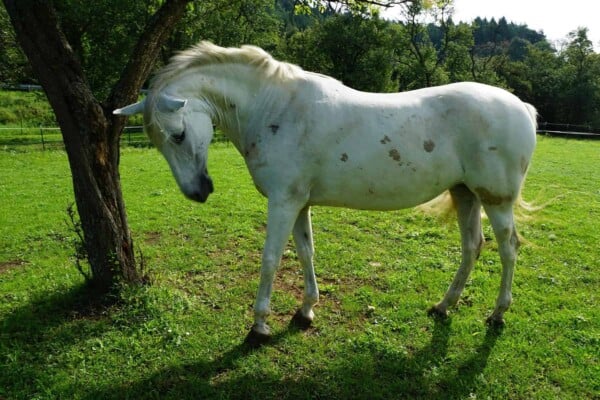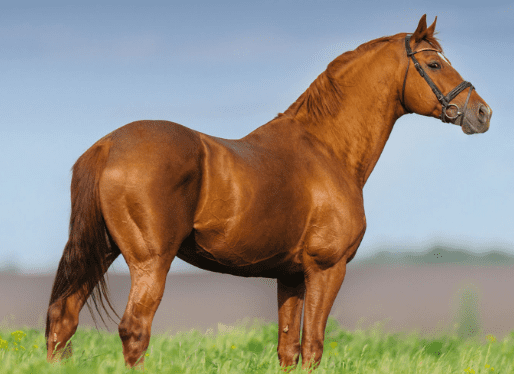Sometimes it can seem like coconut oil is in every product that you own. From shampoos, medicine, foods and even household detergents. However there is a good reason for this. It has many proven health benefits and is extremely versatile. Over the last 20 years coconut oil has been steadily growing in popularity as more people seek natural alternatives to Western medicine.
The exact science behind coconut oil can be a little murky but we know that it contains properties that help to kill bacteria, fight infection, reduce inflammation, and kill parasites. It is not a miracle cure but we know that it has nearly no negative side effects on humans or horses. The versatility of coconut oil means that it can be used in many different ways to help our horses.
In no particular order here are some of my favorite uses of coconut oil for horses.
1. Insect Bite relief
Insect bites are a regular occurrence for most horses. Just like humans these bites itch and can become infected and sore if left untreated. Horses that are on pasture during the summertime are more susceptible to being bit. Coconut oil contains Vitamin C and E. Capric Acid and Lauric Acid. These ingredients help to soothe sore bites in order to stop horses itching and potentially becoming infected.
2. Improved recovery
There is also evidence to show that the fats in coconut oil are broken down more quickly than those in other oils and fats. This helps to reduce lactic acid in the horses muscles and can help with endurance and recovery.
3. Better Mane and tail condition
Coconut oil is easily adsorbed into the hair and skin and that is why coconut oil is present in so many popular brands of shampoo and conditioner. The structure of coconut oil allows it to penetrate hair in ways that other shampoos and oils don’t. Rubbing it into the mane and tail is a great way to clean your horse and it helps to promote overall healthier and smoother hair.
4. Infected skin and Rain Scald
Rain scald also known as mud fever is a bacterial, and in some cases fungal infection that causes irritation and inflammation of the skin. It most commonly occurs in moist conditions and mostly affects the heels of a horse. Horses with rain scald develop scabs which can become infected and sore. A great way of dealing with these scabs is to rub a generous amount of coconut oil into the area. After a while the scab should lift and will be much easier to brush off.
Coconut oil also acts as a waterproofing agent and will help to keep moisture away from the damaged area for longer.
5. Gut Health
Coconut oil contains medium chain triglycerides (MCT). MCT’s encourage good bacteria to grow in the stomach and lines the stomach of the horse. It is also easily digestible and when absorbed into the blood it provides extra protection and can help to reduce reduce the risk of colic and ulcers.
6. Encourage Picky Eaters
The majority of horses seem to love the taste of coconut oil. Since it is an oil it can easily be added to any type of feed (including less desirable supplements and medications).
Some caution is required in terms of the amount of coconut oil that you feed a horse as it can act as a natural laxative. Try using a relatively small amount if giving to horse for the first time and perhaps use as a treat as opposed to a daily staple.


